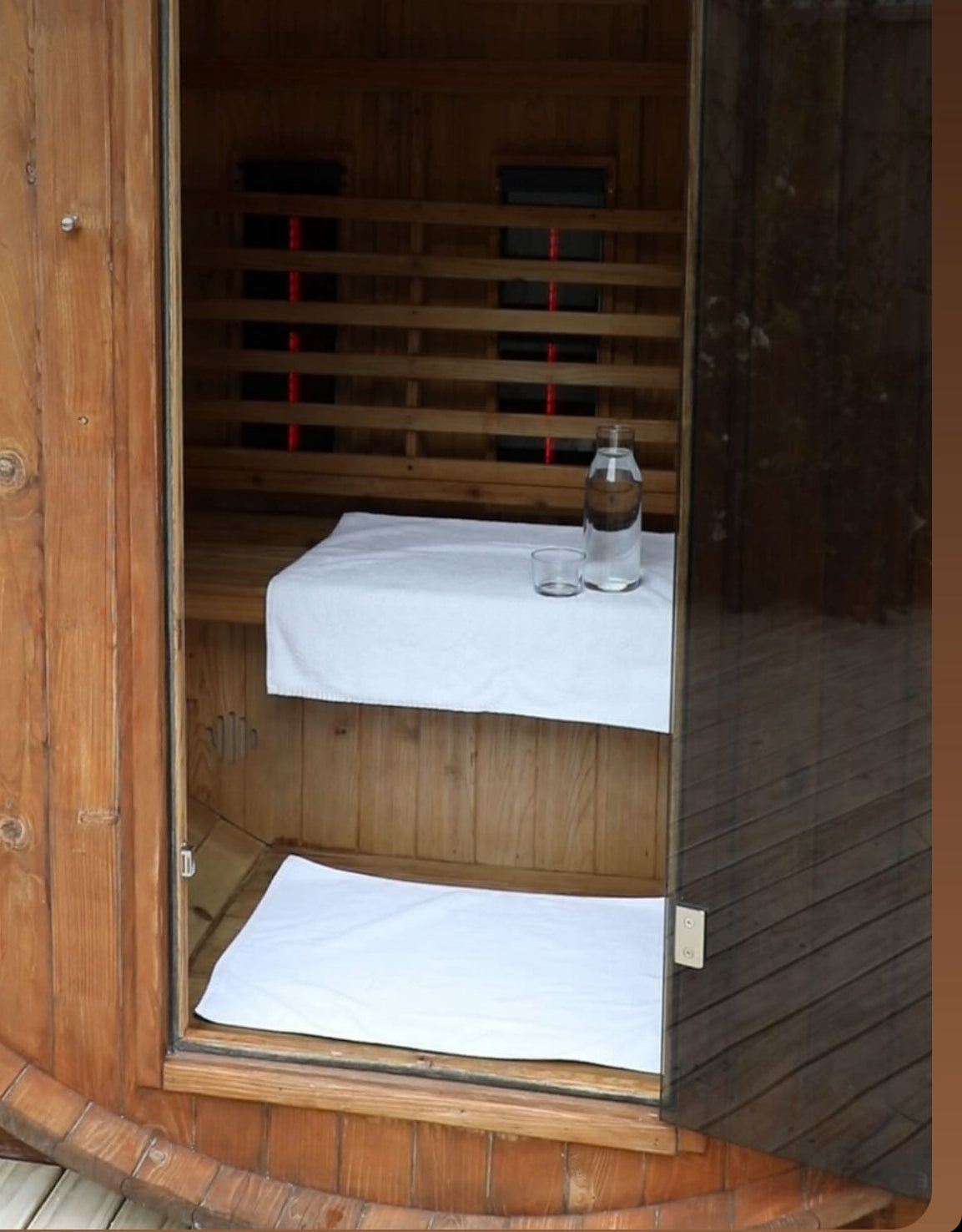Lifestyle Tips For Long-Term Stress Management
Stress management is a long-term process
Here are some tips to work on to support stress relief for the rest of 2024 and take with you into 2025 consistently to help rewire your nervous system out of “fight or flight” and into “rest and digest”.
My Top Lifestyle Tips For Long-Term Stress Management
-
embrace slow mornings and ease yourself into the day
-
assess your coffee intake: ensure it’s always AFTER breakfast and never on an empty tummy, limit it to 1 per day, don’t consume it after midday, and also ask yourself “Does my body need a break from coffee?”
-
work on your sleep as it's the first thing to impact stress! Practice good sleep hygiene, go to bed early, & aim for a minimum of 8 hours each night. So many women are in a chronic sleep deficit and don’t even know it
-
aim to get sunlight into your eyes as soon after waking as possible to support a healthy circadian rhythm & adrenals (try a morning walk, or eat your breakfast outside)
-
increase PROTEIN in the diet! Especially with breakfast, a minimum of 30g
-
Don’t skip breakfast, it’s your nervous system’s favourite meal of the day. Also, avoid skipping meals & leaving huge gaps between meals (over 5 hours, except between dinner & breakfast)
-
learn to say NO! If your weekends and after-work wind-down time is precious, treat it as such and don’t overcommit yourself socially. Connecting with friends & loved ones is essential, but if you’re ending your weekend feeling as tired as you began it, you may need to rein things in to reduce stress
-
are you spending time in nature on a weekly basis? You need to be! Aim to get your bare feet into the soil/sand/grass each week
-
what are the things you enjoy doing? (going for solo walks? baking? reading? arts & crafts? listening to music?) Ensure you are carving out time to enjoy these things that ‘light you up’ on a weekly basis
- Adopt a daily stress-management practice. Even if it’s just 5 minutes morning & night, something like breath work, NSDR, or the use of the Calm App, Insight Timer etc is an amazing regular addition to your routine and a relief of stress
-
is your work-life balance sustainable? Work (and personal relationships) are two of the biggest factors associated with stress & burn out. Changes to your work & relationships will create deep, lasting change in your nervous system
-
book some time off: I made the mistake this year of not scheduling any time off, and I now know this is not sustainable. Schedule in a weekend away, a holiday to look forward to, or plan for a cheeky “me day” on a weekday if you have some work leave accrued (ideally every 12 weeks!)
-
re-evaluate your exercise routine: if you aren’t moving your body often, this needs to change. If you’re slogging yourself with 4.30am wake-ups and HIIT workouts, you may need to pull back
-
quit the sugar, ditch the alcohol. Unhealthy relationships with either of these sends our stress responses haywire and is likely the cause or a major aggravating factor of your anxiety
-
Stress support from your naturopath: only from a practitioner. There are so many herbal & nutritional helpers available to help you relax and not stress as much including magnesium, taurine, glycine, theanine, B vitamins, Withania, Rhodiola, Passionflower, Rehmannia (note: doses & forms matter when it comes to supplements so seek professional guidance)
When it comes to stress, remember
If you’re not nourishing your nervous system and giving yourself time to REST and RECOVER, your body will make the decision for you, and likely at a very inconvenient time and a stress filled one.
Words: Phoebe Auckland, Naturopath.









